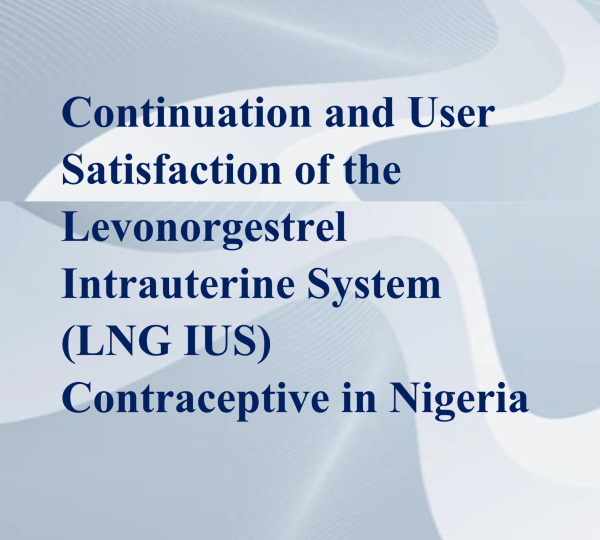Cervical Cancer Screening for Nigerian Women
According to WHO cervical cancer is the second most common cancer in women worldwide. It grows very slowly over a period of before it actually develops into cancer. However, it can be treated or managed if detected in its early stages.
Cervical cancer occurs when the cells in the cervix begin to grow and replicate in an abnormal and uncontrollable way. When this happens, there is a malfunction amongst cells. As a result the cells form a mass that is called a tumour. The tumour is damaging to the body system. This malignant tumour in the cervix at advanced stage can spread to other parts of the body thereby destroying normal cells.
What is disturbing about this cancer is that “all women are potentially at risk of developing cervical cancer at some point in their lifetime” according to WHO (2008). The most common risk factor for cervical cancer includes an early age of first intercourse and having multiple sex partners. The women in danger of the disease are women between the ages of 30-50. However, it can also be diagnosed in younger women as well as older women.
In developing countries, cervical cancer contributes highly to the mortality rate amongst women. According to WHO in 2008, there were more than 530,000 new cases of cervical cancer worldwide and 275,000 deaths from cervical cancer of which 90% of deaths are accounted for in developing countries. In the same year 75,000 new cases were recorded and 50,000 women died of the disease.
Furthermore, according to Vanguard Newspaper (May 2013), using data from WHO,UN, the World Bank and IARC Globocan, cervical cancer related deaths in Nigeria annually is recorded at 9,659. Prof Isaac Adewole, the Vice Chancellor of University of Ibadan also said “twenty six women lose their lives to cervical cancer daily and 14,000 women are diagnosed with cervical cancer yearly”.
With the information and statistics on the impact of cervical cancer on mortality rate globally and especially in developing countries, Society for Family Health (SFH) Nigeria is poised to contribute to the reduction of mortality rate related to cervical cancer. SFH with funding from the Bill and Melinda Gates Foundation via Marie Stopes International (MSI) as the principal recipient will be providing cervical cancer screening for about 15,300 women aged 30-49 in thirty SFH social franchise facilities using the Visual Inspection using Acetic Acid (VIA) method. It is also expected that about 2,800 of these women will be treated using cryotherapy in 20 sites across the nation and women with advanced lesion will be referred to government facilities where they can access higher treatment like radiotherapy.
In achieving this, SFH has set the ball rolling in June by conducting a five days comprehensive training in Ife, where providers were trained on how to carry out cervical cancer screening. To further boost their effort, a screening outreach took place on the 23rd and 24th of July 2013 in Masaka, Nasarawa State – Nigeria. Response to the screening was a huge success as there was a large turnout of women and a total of 148 women were screened.
SFH looks forward to having more screening outreaches in different parts of Nigeria.
Have you been screened for cervical cancer?
Watch out for SFH, your community may be next.
“Society for Family Health… Creating Change, Enhancing Lives”


